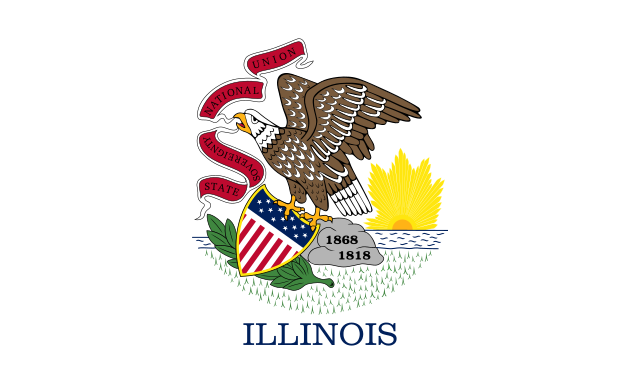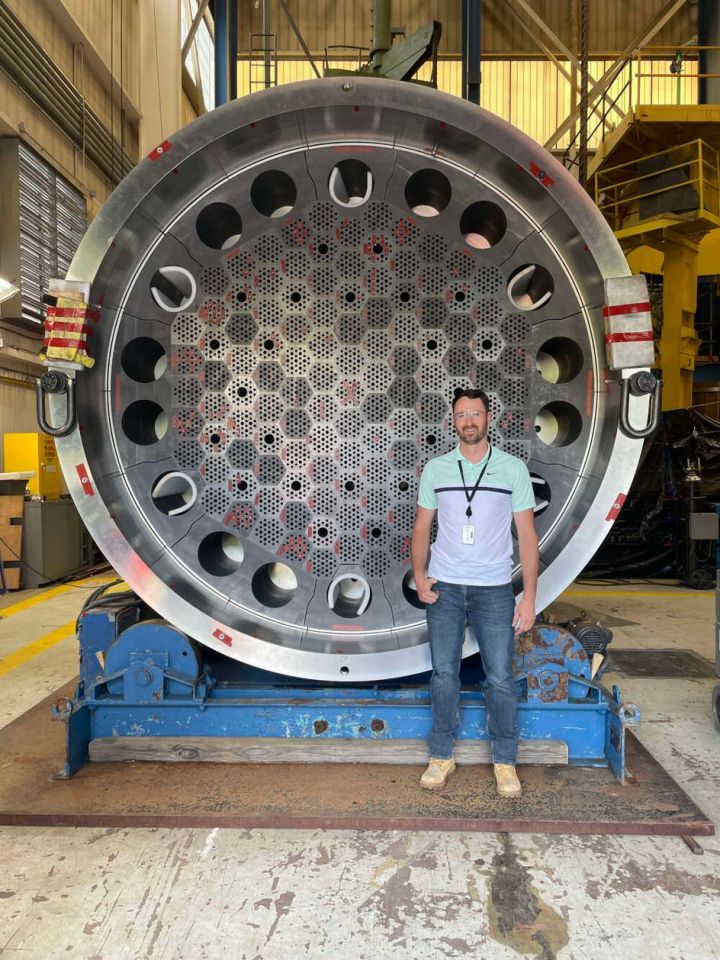In addition, most of the 17,800 acres surrounding Turkey Point nuclear power plant also have mangroves and freshwater wetlands that are home to many endangered species. Even crocodiles make use of the plant’s network of cooling canals.
Microreactor benefits: Donalds is in favor of deploying additional conventional nuclear plants in Florida, as well as advanced reactors. He points out that much of the power outage and damage from Hurricane Ian in 2022 might have been avoided had microreactors been available and operating at the time.
These “small, versatile, and extremely reliable” reactors, he explains, could “be expeditiously deployed to an area impacted by a natural disaster via plane, road, rail, or ship to provide firm electricity and clean heat—two vital necessities for post-disaster recovery efforts. Additionally, nuclear microreactors have the potential to power energy-intensive desalination technologies to provide potable water and also may power energy-hungry water extractor machines that remove vast amounts of standing storm surge water to expedite the post-disaster recovery process.”
Other benefits of microreactors and advanced nuclear technology that Donalds discusses include providing power to military data centers and medical facilities; providing district heat for military barracks; generating on-site alternative fuels, hydrogen, and ammonia at military installations; retrofitting retired coal facilities; and helping stabilize the grid.
Regulation and education: Donalds continues to call for regulatory reform to ease the path for microreactor deployment. Previously, he introduced the National Strategy to Utilize Microreactors for Natural Disaster Response Efforts Act “to iron out the regulatory minutia to bring this expedited microreactor deployment concept to life.”
Donalds also calls on Florida to “bolster nuclear workforce–related education initiatives and engage with localities to conduct feasibility studies to evaluate the potential of deploying new nuclear technologies.”








